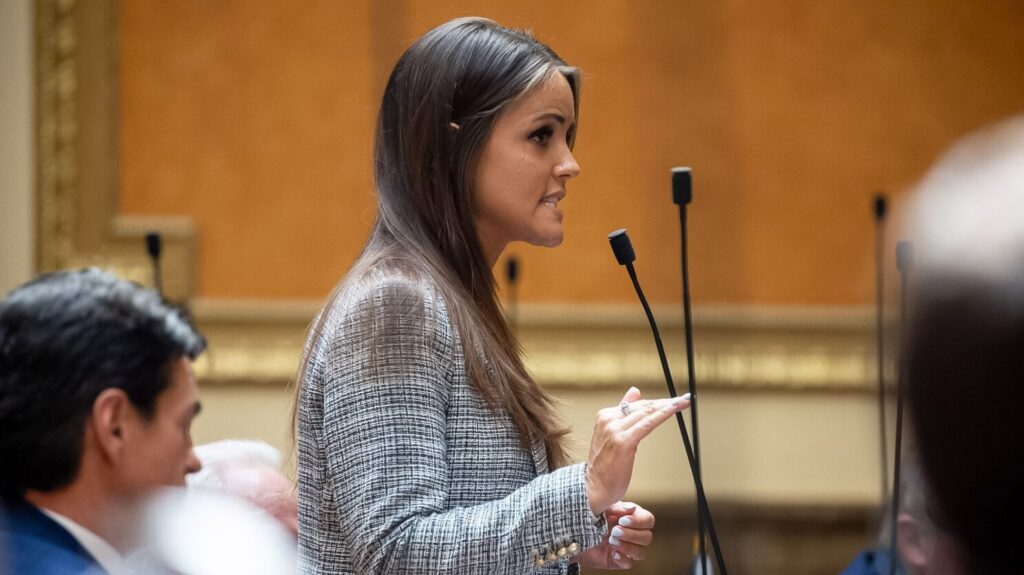Legislator Kera Birkeland has introduced a proposal to legalize the lottery in Utah as a means of providing tax relief for seniors facing increasing property taxes. This initiative places Utah, one of the few states in the U.S. that still does not have a lottery, at the center of the debate over gambling and fiscal policies.
The Beehive State, along with Alabama, Alaska, Hawaii, and Nevada, does not offer a lottery due to historical opposition to gambling, largely influenced by the state’s predominant faith, The Church of Jesus Christ of Latter-day Saints. Thus, Birkeland’s proposal comes as an unconventional approach to addressing the fiscal challenge faced by older residents on fixed incomes.
“I am personally more concerned about senior citizens living on fixed incomes,” she said to KSL TV. “It’s not in the legislation, but something I’m looking into,” stated.
According to the legislator, Utah is losing up to $200 million in lottery ticket revenue, with many residents crossing state borders to purchase tickets in neighboring states. Birkeland’s proposal includes earmarking a portion of lottery revenue specifically to alleviate the tax burden on the elderly.
However, the project faces a considerable challenge, as Utah’s Constitution prohibits any form of gambling. The proposal thus includes a constitutional amendment that requires the support of two-thirds of the legislators in both chambers and the approval of the majority of voters.
Previous efforts to legalize various forms of gambling in Utah have failed. These include a push by a state senator from Provo, who proposed a bill in 2021 to legalize “skill-based games”, and a bill in 2019 to approve bets on horse races. Birkeland’s proposal is already facing opposition, including from Utah’s Governor, Spencer Cox.
Despite the hurdles, Birkeland has expressed optimism about the proposal securing approval saying she’s “up for a challenge.”
“I think that’s a really important conversation to have on Capitol Hill as we go into this session, because that is really the No. 1 concern of my constituents. And if we need to have the conversation around a lottery to elevate that and actually address the issue, then so be it,” she stated.




